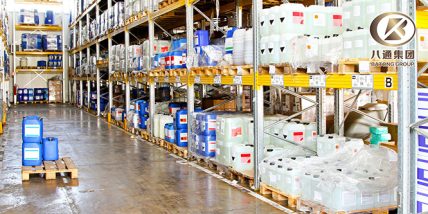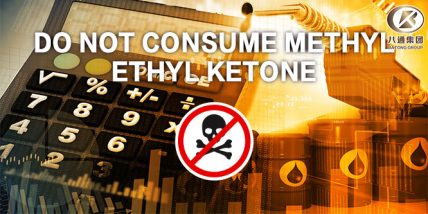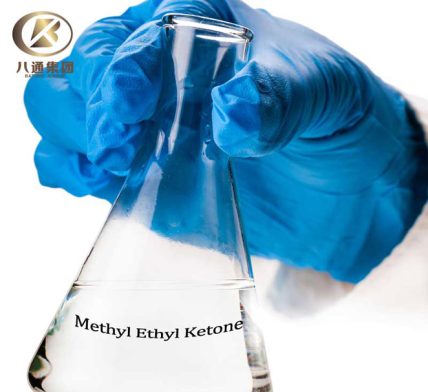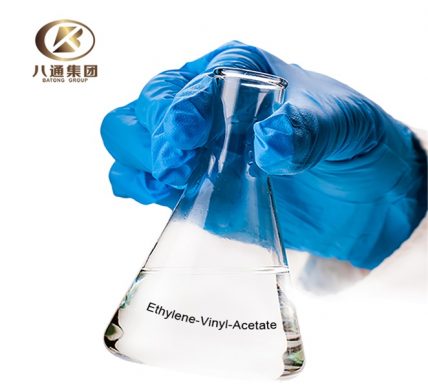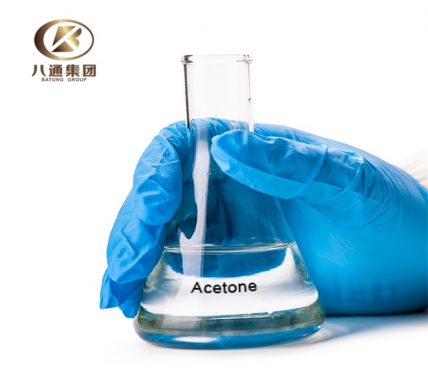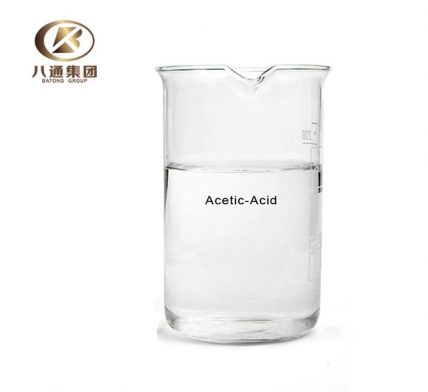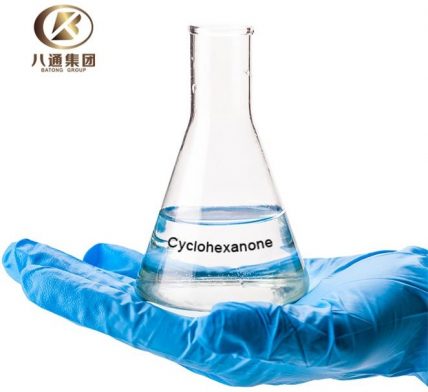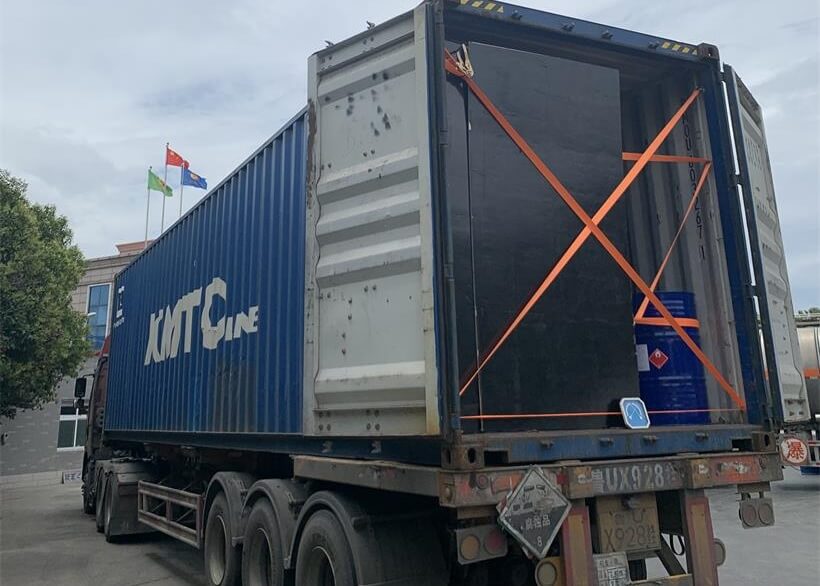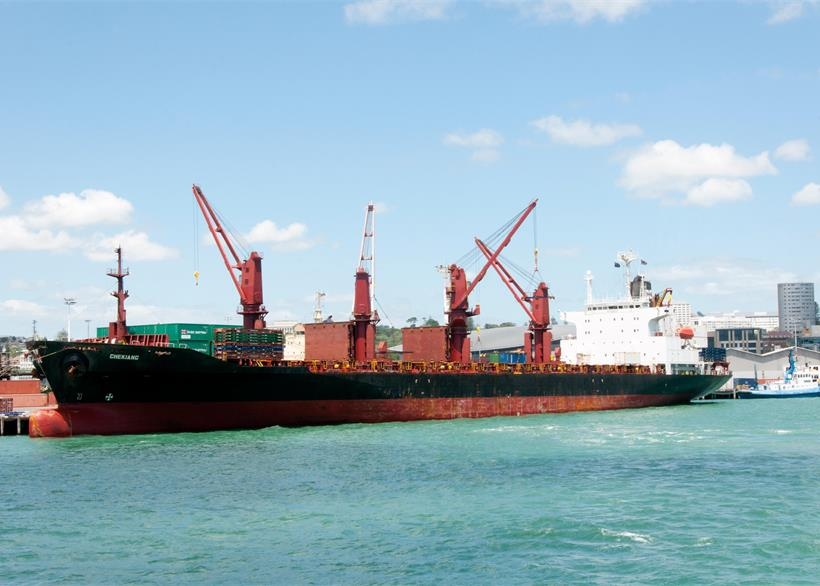Chemical paper trade refers to the trading of chemical commodities in the form of paper contracts, rather than the physical delivery of the products. In the chemical industry, paper trading is often used as a hedging tool, allowing companies to mitigate the risks associated with price fluctuations in the market.
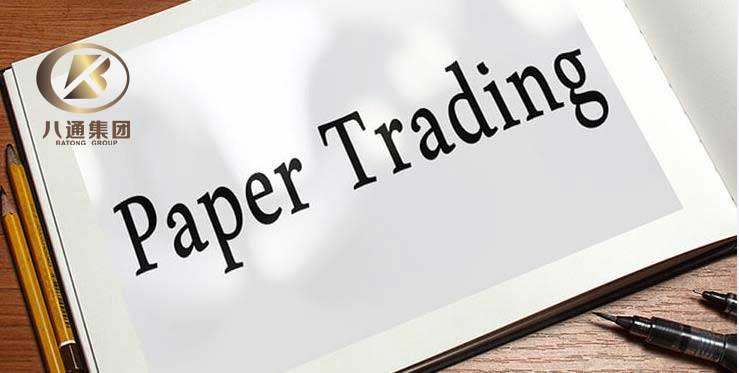
Chemical paper trade involves buying or selling chemical commodities, such as crude oil, gasoline, ethylene, propylene, and polyethylene, through futures contracts, options, or other derivatives. These contracts represent an agreement to buy or sell the underlying chemical commodity at a predetermined price and date in the future.
Paper trading allows chemical companies to manage their risk exposure to price volatility, while also providing a way to lock in future prices and hedge their positions. It is a common practice among chemical traders, producers, and consumers who want to manage their price exposure in a volatile market.



